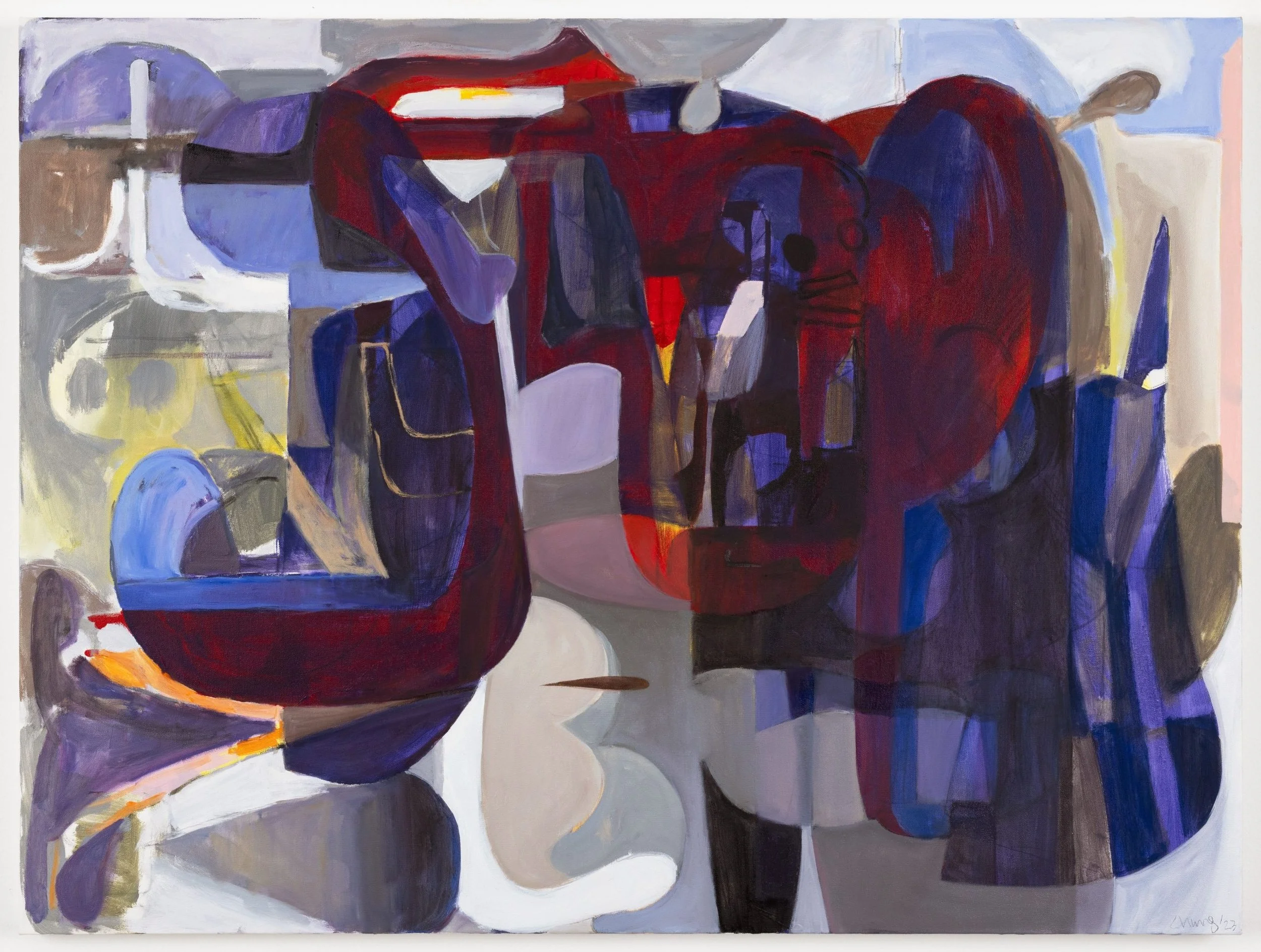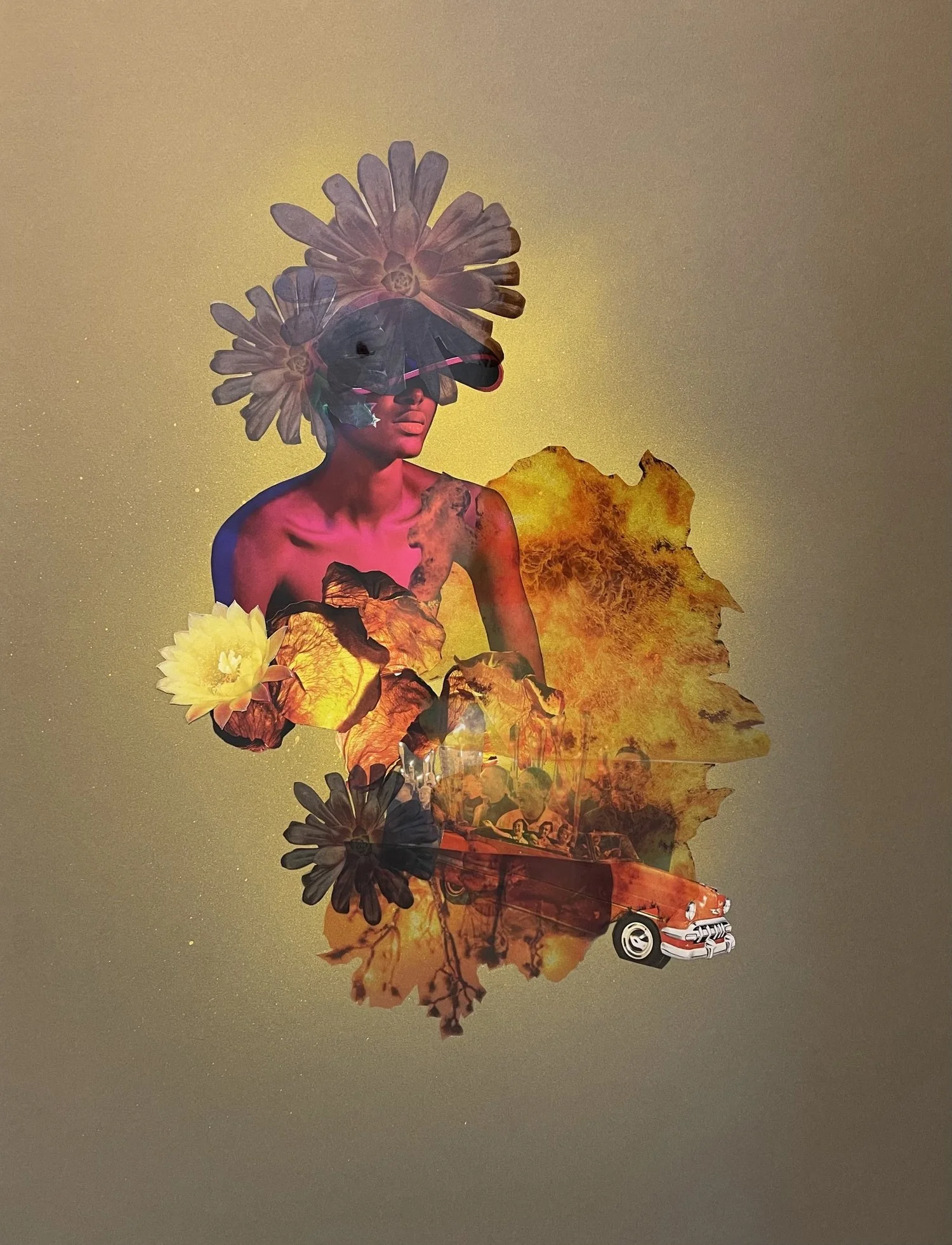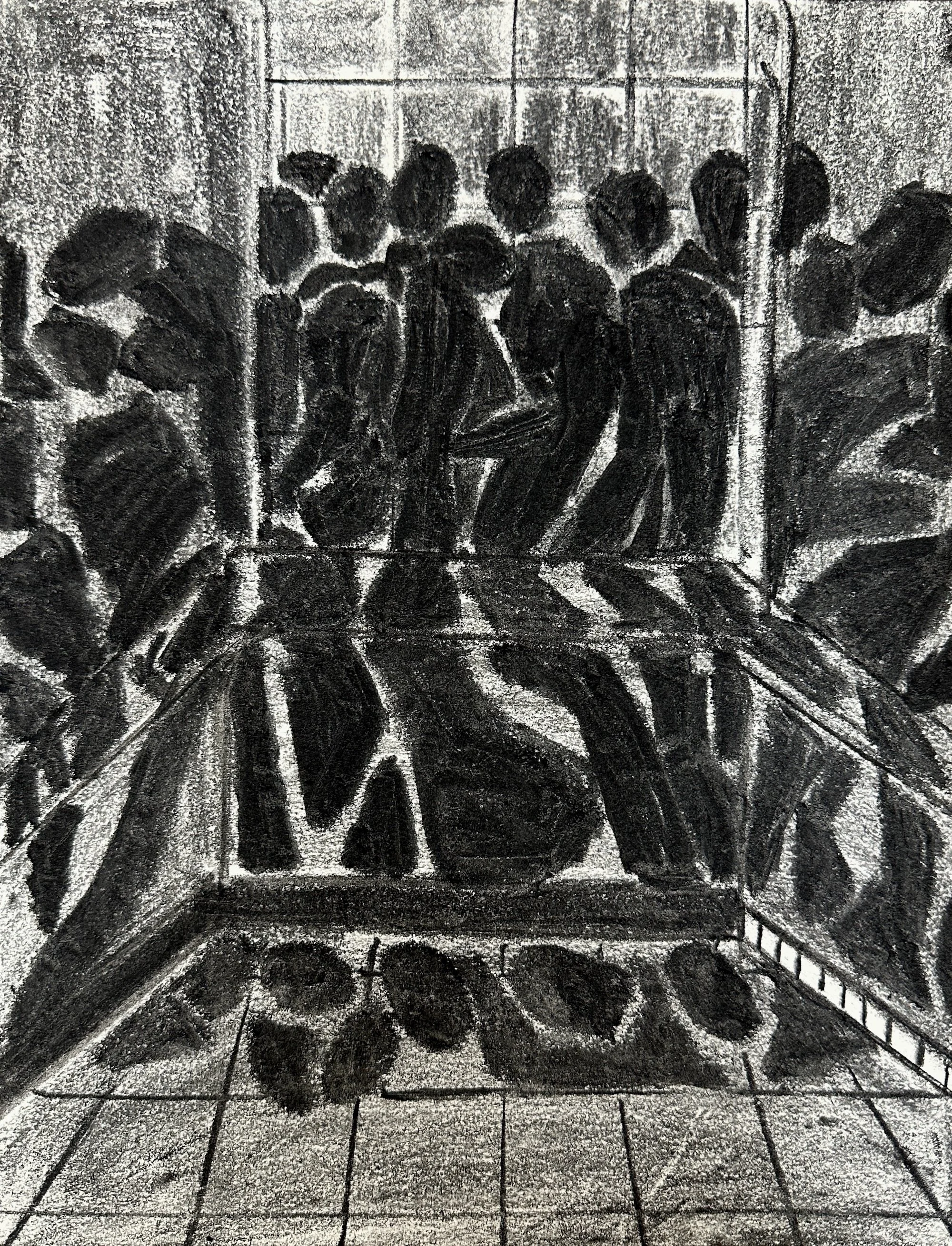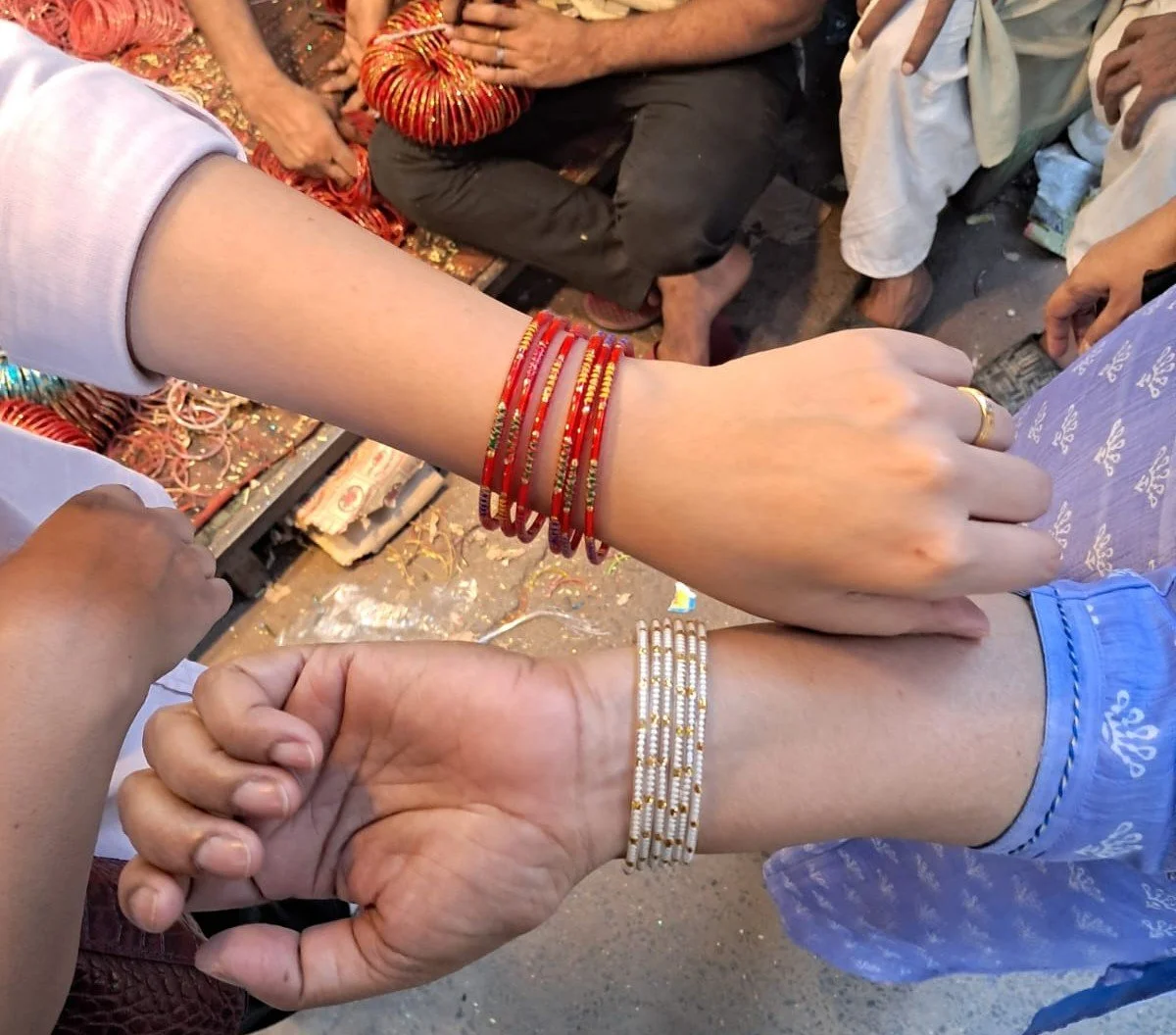‘It was early January, and the snow had come down that day like an epiphany.’ – an essay by Max J. Nam.
Read More‘A stub, a shard—discarded by most, but enough to begin again.’—an essay by Shumin Tan.
Read More‘I miss you until I can’t breathe sometimes. It’s nothing new.’–an essay by C. Zhang.
Read More‘This is a prayer in the direction of after.’—an essay by Raka Banerjee.
Read MoreLet’s go to the sea—a collection of Laji translated and compiled by Dorian S. Merina for our Of the Sea portfolio.
Read MoreWriter Erel talks to the artist Drop about art, music, protest, and power.
Read More‘What has not been spoken and remains to be made flesh’. From Gwee Li Sui’s keynote lecture at the Poetry Festival Singapore 2025.
Read MoreAn essay by Neethu Krishnan considers the contours of desire.
Read MoreJess Jacutan considers power, agency, and tourism in the Philippines’ ‘Healing Island’ for Eco-.
Read MoreVoice, longing, language, and sisterhood collide in an essay by Shumin Tan.
Read MoreAmanda Juico Dela Cruz discusses the weight of beauty in an essay that braids rage, relief, and power.
Read MoreIn this winning essay of the 2024 Singapore Unbound Awards for the Best Undergraduate Critical Essay on Singapore and Other Literatures, Sami Goh explores the floral futures of Singapore, as posited by Mok Zining’s the orchid folios.
Read MoreWhat does V. S. Naipaul mean when he describes the Indian way of seeing as defective? Utkarsh Adhrit finds the answer in Naipaul himself in this essay about embarrassment, colonialism, and history.
Read MoreIn this essay on the films of Iranian director Alireza Khatami, Robert Hirschfield isolates the qualities and influences that distinguish this body of work.
Read MoreDoes the August Revolution in Bangladesh give cause for hope? Gaudy Boy author Mozid Mamud reflects on the revolution in the light of the country’s history of fissures.
Read MoreRobert Hirschfield pays an insightful and heartfelt tribute to a haiku master of South India.
Read MoreIn his essay about moving from Singapore to Germany, Thow Xin Wei reflects on what it means to learn a new language in order to fit in.
Read MoreHow far would we go for social justice, and how would that youthful self be viewed afterwards? Lillian Tsay reflects on her involvement in Taiwan’s Sunflower Movement in her essay “The Era I Had Loved.”
Read MoreIn this poignant essay, Monisha Raman finds her way in the maze of grief by walking.
Read MoreIn this essay, one of three winners of the 2023 Singapore Unbound Awards for the Best Undergraduate Critical Essays on Singapore and Other Literatures, Gan Chong Jing argues that Singaporean playwright Kuo Pao Kun creates a uniquely fluid form of allegorical theatre by infusing experimental, non-realist English language theatre with Chinese Xiangsheng performance techniques.
Read More



















